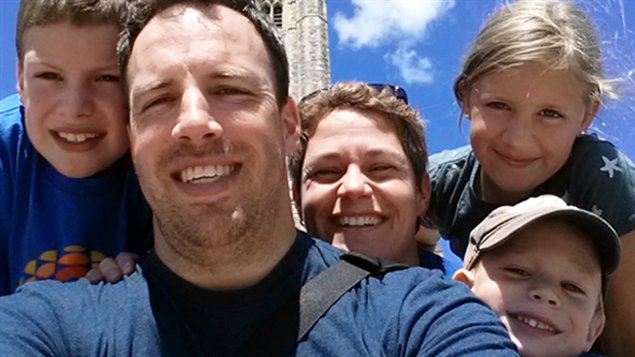The government of the province of Quebec wants to restrict French-speaking pupils exposure to English until they have “mastered” French and cognitive neuroscientist Laura-Ann Petitto says her research indicates that is a mistake.
The Quebec government is intensely protective of the French language which it feels is threatened because the province exists in a sea of English. Debate about when to introduce the teaching of English recurs frequently. In the 1980s a Quebec education minister warned against the “contamination” of French.
Debate rekindled
Most recently, the Quebec government has raised the issue again. Currently English instruction in French schools begins in Grade 1. The education minister has questioned the value of that saying mastery of French is the priority. The government proposes starting English instruction only at Grade 4 when children are about 10 years old.

Earliest is best, says neuroscientist
“From a biological perspective, the brain is most plastic early in life, most flexible, most receptive to new information,” says Petitto, science director of the Brain and Language Laboratory at Gallaudet University in Washington, D.C. and former professor at McGill University. “It’s very,very beneficial for a young child to receive early exposure to two languages.”
Exposure to a second language should happen soon after birth, says Petitto and, failing that, sometime before age five. The brain has very specific tissue that processes language and the peak period of development is before the age of five. “After that the brain is going to settle down a bit,” she says “and the receptivity to the new information becomes less. It’s not that you lose it completely but it’s certainly not the optimum period.”
Being with peers who speak the second language is the best way for children to learn it, says Pettito.
Children don’t confuse languages, says neuroscientist
Fears that children become confused when two languages are introduced early are “absolutely not true,” says Petitto. When they switch around in innovative ways she says they are showing their agility and mastery of two separate codes and this is often misunderstood.
Early exposure to a second language not only is good for becoming bilingual it also improves cognitive function and reading skills according to Petitto’s research.
Petitto says she would “implore” the government to reconsider the idea of delaying the instruction of English in school because science indicates that early exposure to a second language is best for children.







For reasons beyond our control, and for an undetermined period of time, our comment section is now closed. However, our social networks remain open to your contributions.